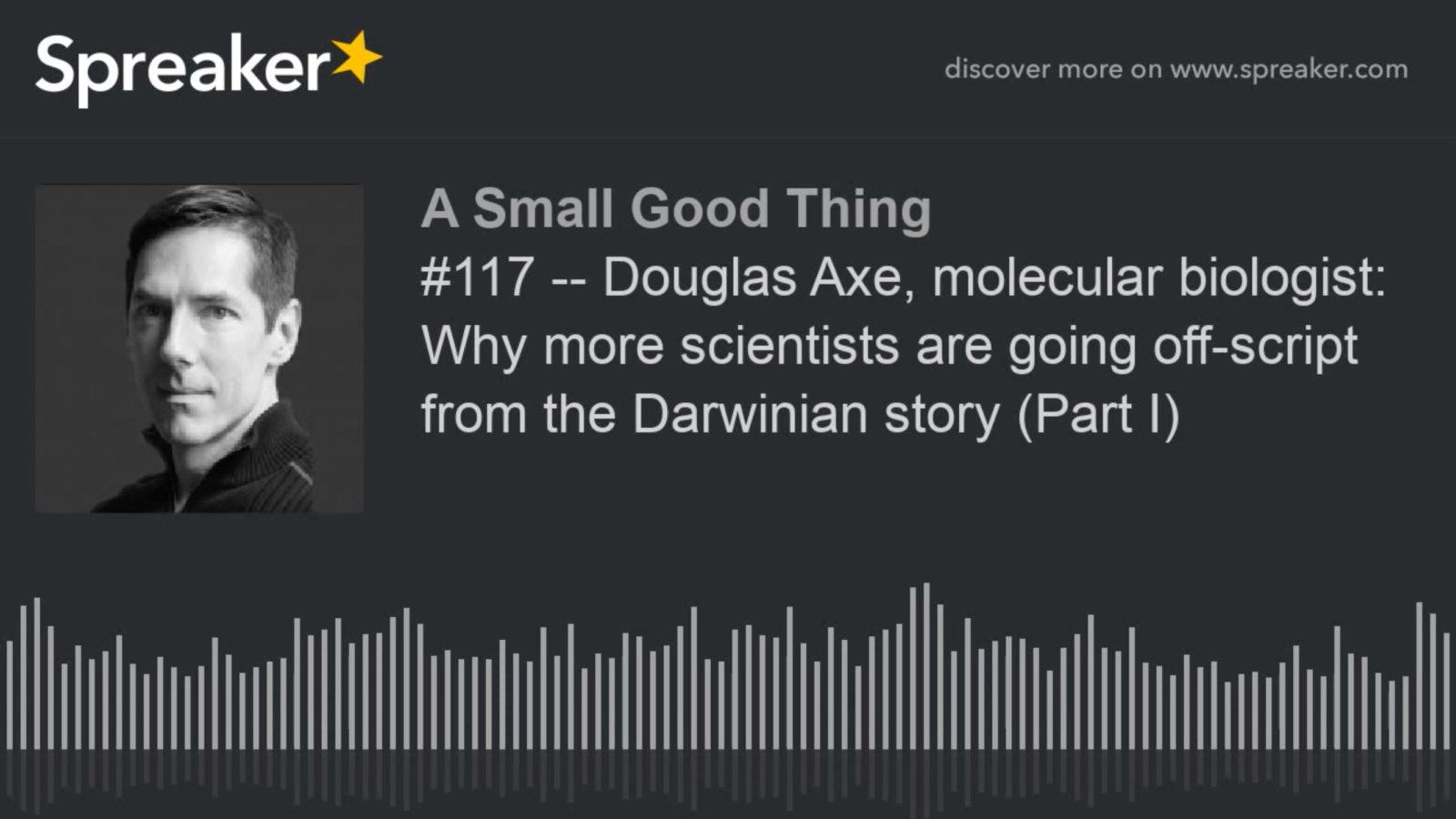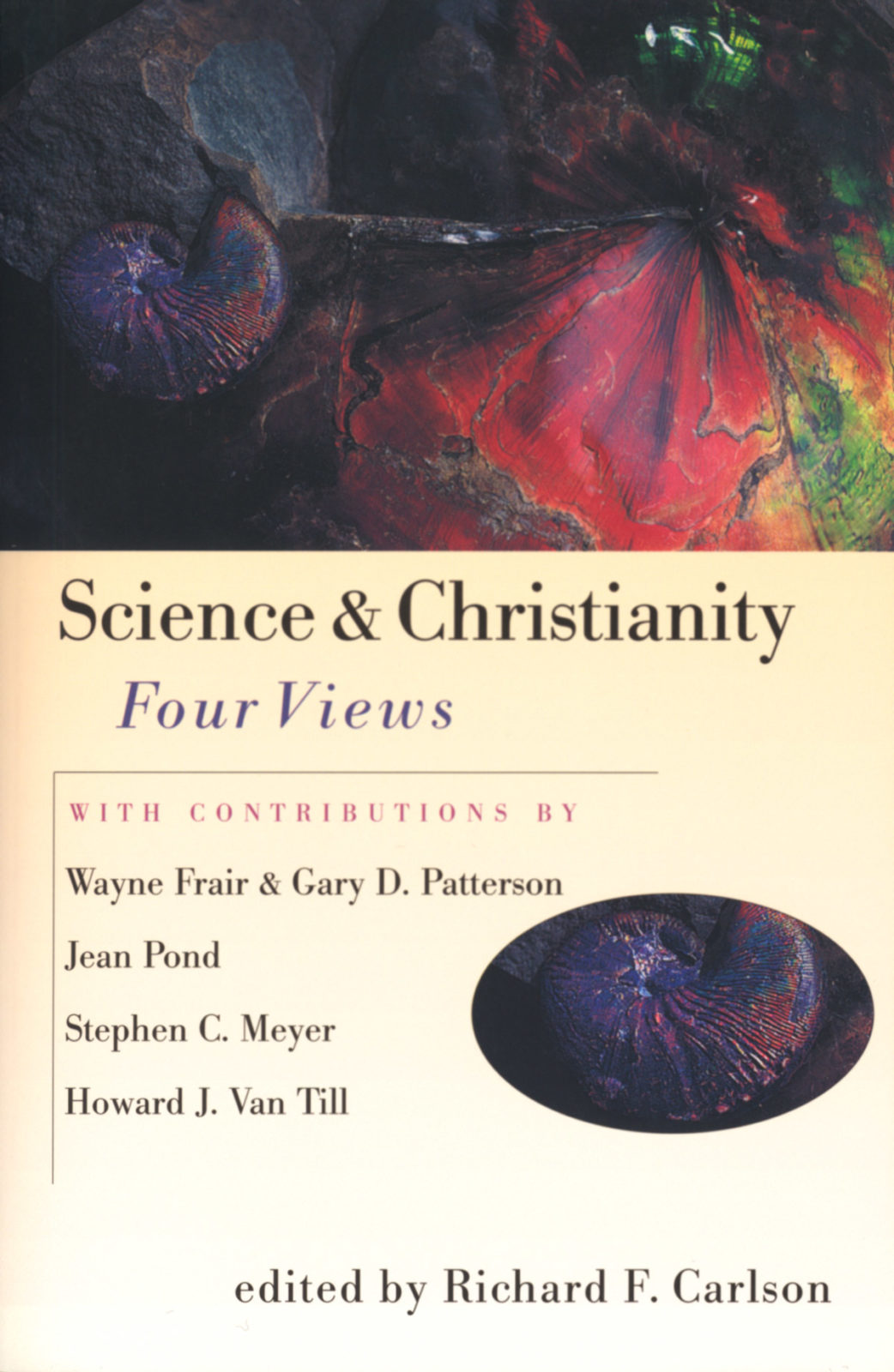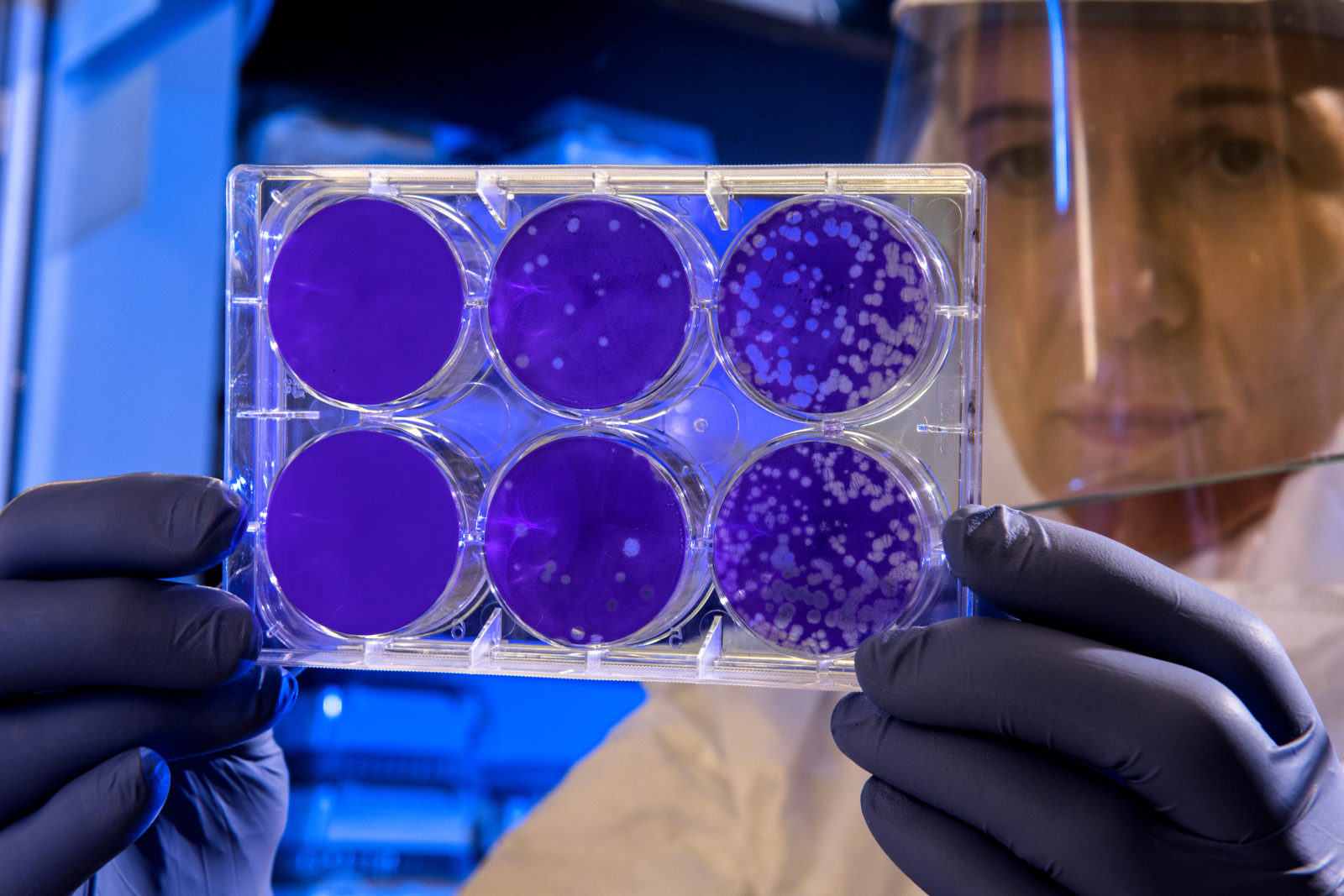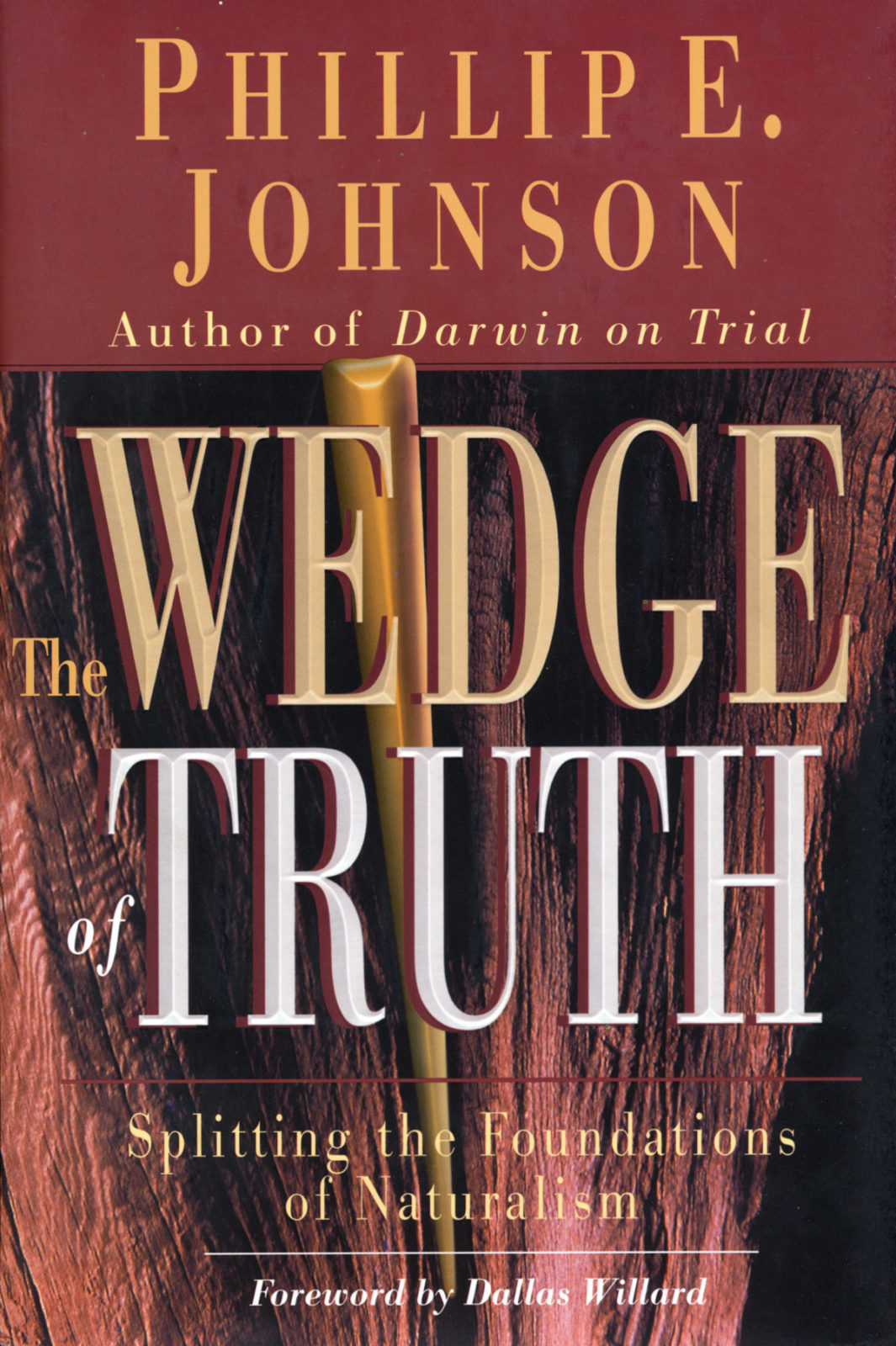
Why More scientists are going Off-script from the Darwinia
David Gelernter at Yale recently wrote an essay in Claremont Review of Books entitled “ Giving Up Darwin: A fond farewell to a brilliant and beautiful theory.” Gelernter is one more of a small but growing number of scientists and intellectuals who are now studying the evidence for themselves and finding that the case for evolutionary biology as presented by Read More ›







